
Losing the Gift of Bafflement
"Speaking of fakery, one of the great temptations of being a writer is to absorb the projections of readers who think you're an expert on some subject just because you have written a book about it... When my ego becomes bloated with the illusions of expertise, I risk losing the gift of bafflement that has always animated my best writing. I stop asking questions and start believing I have answers." (Parker Palmer, On the Brink of Everything)

A Heart Full of Great Compassion
Known in China and abroad as the “King of Medicinals,” Sun Simiao 孫思邈 is one of the most celebrated figures in the long history of Chinese medicine. He is also the author of China’s first – and still relevant – essay on medical ethics and professional cultivation, which is included in countless oaths of TCM schools worldwide. Despite Master Sun’s elevated status in both China and the West as one of its greatest practitioners, however, an official biography composed several centuries after his death and other historical documents offer not a single hard fact about his professional practice as a physician. To appreciate the significance of this fact, we need to look both at the context of medical practice in early China and the content of Sun Simiao’s teachings. With this understanding, we shall be prepared to read his famous essay “On the Sublime Sincerity of the Eminent Physician,” which I have translated below.
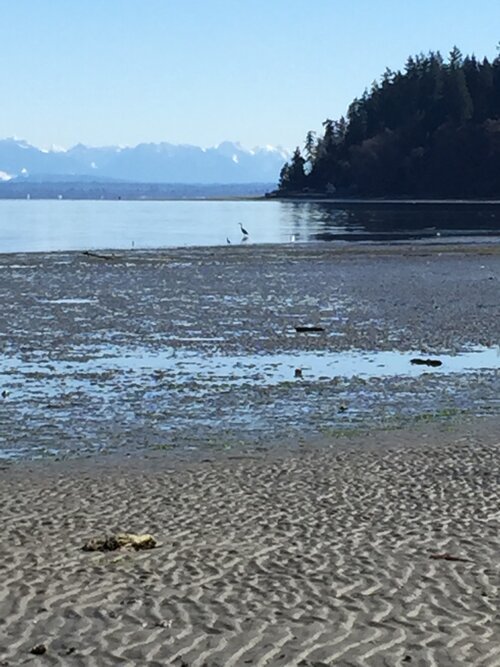
Tinier than Autumn Down
In honor of the transition to the New Year of the Metal Rat and my final writing efforts of the Pig Earth year, here is little taste from the Introduction to my forthcoming Channeling the Moon, Part Two: A Translation and Discussion of Qí Zhòngfǔ’s Hundred Questions on Gynecology, Questions 15-50, which addresses miscellaneous conditions of gynecology. The following is the literal translation of a quotation from Chén Zìmíng’s 陳自明 introductory essay of the Fùrén dàquán liángfāng 《婦人大全良方》 (Compendium of Excellent Formulas for Women) composed in 1237

The Yin and Yang of Education
Being an educator in the field of classical Chinese history, culture, and medicine, it is impossible for me to avoid a critical engagement with the topic of education spanning three areas: as envisioned in classical Chinese philosophy and politics, as practiced in various forms throughout the history of Chinese medicine, and as enacted today in both institutional and private educational settings…
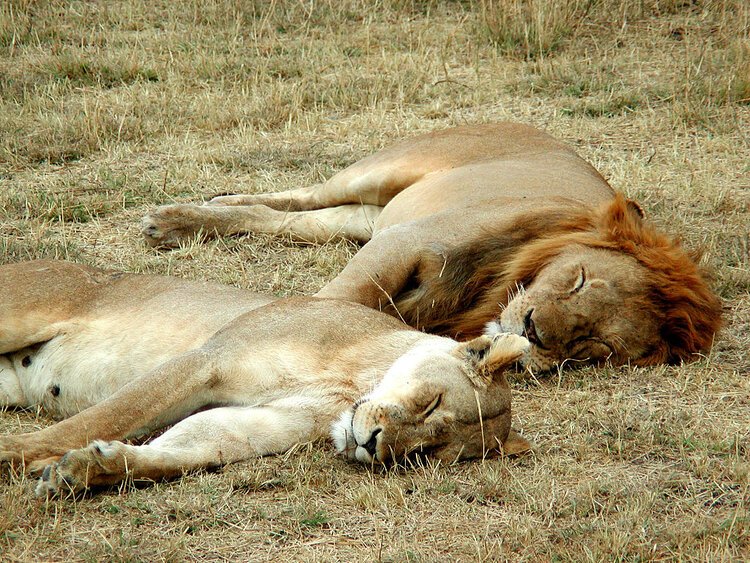
Classical Chinese Sleep Hygiene
This brief exploration of advice on sleep hygiene from classical Chinese medical and Daoist texts originated with my translation project on the “Hundred Questions on Gynecology.” In Question 49 on the “Thirty-Six Diseases Below the Belt,” the author discusses “harm from sleeping” as one of the seven harms that cause women’s illnesses. When a curious reviewer of my manuscript asked me to explain, I had to go down that rabbit hole, at least briefly. Here is what I found and write in my discussion…
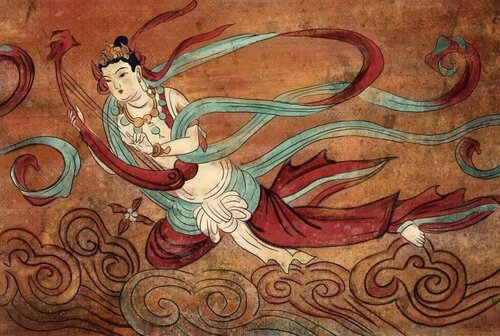
Women’s Health in Medieval Manuscripts
In contrast to the beginnings of classical Chinese medicine in the Han period, our knowledge of early medieval medicine is still sketchy. This is due largely to a lack of sources. Of the more than 100 medical texts recorded in the Old Tang History (Jiùtángshū 《舊唐書》, 945 CE), only four have survived in the received literature from the early medieval period: Cháo Yúanfāng’s 巢元方 Zhūbìng yuánhòu lùn 《諸病源候論》 (On the Origins and Symptoms of the Various Diseases, 610 CE), Sūn Sīmiǎo's 孫思邈 Bèijí qiānjīn yào fāng 備急千金要方 (Essential Formulas worth a Thousand in Gold for Every Emergency, 652 CE, in the following discussion abbreviated as Qiānjīnfāng), his Qiānjīn yìfāng 千金翼方 (Supplementary Formulas worth a Thousand in Gold, 682 CE), and Wáng Xī’s Wàitái mìyào 外台秘藥 (Essential Secrets From the Palace Library, 752). Other texts are known only from quotations in compendiums like the Japanese Ishimpō 醫心方 (Prescriptions from the Heart of Medicine, 984 CE), a collection of early medieval Chinese medical literature by a Japanese court acupuncturist. The other great source for medical literature from this period is the corpus of medical manuscripts found in Dūnhuáng 敦煌, which date mostly to the Suí and early Táng periods.

Questioning Menopause Part Two
MENOPAUSE PART TWO: WHAT’S IN THE TEXTS?
How do the Chinese classics talk about menopause? To be meaningful, our inquiry has to be expanded a little beyond the obvious and technically correct answer: Since the concept of “menopause” does not even exist in traditional Chinese medicine or language, the medical classics do not talk about it at all.
That may be the case, strictly speaking, if we define “it” narrowly as the “pathology of age-related cessation of monthly bleeding.” As contemporary practitioners of Chinese medicine in our modern biomedicalized society, however, we still need answers for our friends, family members, and patients who come to us with conditions that they experience as pathological. So how do the classical texts discuss the aging process of women, especially in contrast to that of men? And how might these descriptions be used in the contemporary context?

Questioning Menopause Part One
“What do the Chinese classics have to say about menopause?”
It shouldn’t be such a difficult question, but for a number of interesting reasons it is.
…In regards to a potential Chinese translation for “menopause,” the only thing to note here is that this term actually has no equivalent in traditional Chinese medical (or other) texts! The closest equivalent is the concept of “a menstrual period that fails to flow through” (月經不通) or similar expressions of blockage and lack of flow/penetration.
Spelling Classical Titles in Pinyin
Based on much thought and some very helpful information shared with me by the librarian at Stanford University, I have decided to implement a major (and pretty painful) change in how I format classical Chinese titles in pinyin for Happy Goat Productions. Note that this post is very nerdy and probably irrelevant to many innocent readers.

Lower Leg Qi
The following is another excerpt from my ongoing translation project, the “Hundred Questions of Gynecology” 女科百問 by Qí Zhòngfǔ from 1220 CE. “Question Twenty-Nine: What is the Reason for Women Suffering from Pain in the Ten Toes as If They Were Being Fried in Oil, and Experiencing Heat Pain When Covered up and Cold Pain When Exposed to Blowing Wind?” … The key points to take away from earlier medical literature on the disease of Lower-Leg Qì are as follows: It is a condition that can express itself in numerous ways and does not have a single cause or even key symptoms. Nevertheless, it is, at least was originally, associated with pathological wind that invades the body through the feet. …

Cultivating Yin, Practicing Wuwei, Disengaging from Social Media
…I have always taken it for granted that as life-long students of this deep, complex, and complicated medicine, we all embrace this challenge and appreciate it when other people, with different backgrounds and skills, teach us things that we don’t know. In my experience, people are attracted to the field of medicine and the role of physician primarily for two reasons: Most students I know get into medicine because of a pure and sincere desire to alleviate suffering and to help others. Some people, however, are attracted to the role of the doctor because it makes them an authority, because it gives them power because they are put in the position of telling others where they are wrong and of “fixing” them….

Traditional Chinese Gynecology in the West
In the context of my most recent book publication, a translation and discussion of the first section of an important thirteenth century text on gynecology, I have been thinking a lot about the current state of clinical practice of what I call “traditional Chinese gynecology” in the West. To be frank, for years now I have been hearing or reading statements that are appalling to me in their arrogance and ignorance vis-a-vis what I consider one of the crowning achievements of traditional (note the small “t”) Chinese medicine.

Sun Simiao on Fertility
The following is an excerpt from the 75-page historical introduction to my newest publication Channeling the Moon, a translation and discussion of the first fourteen questions of Qí Zhòngfǔ’s 齊仲甫 Nǚ Kē Bǎi Wèn 女科百問 (“Hundred Questions of Gynecology,” published in 1220 CE). This excerpt includes a brief introduction to the Bèi Jí Qiān Jīn Yào Fāng 備急千金要方 (composed by Sūn Sīmiǎo 孫思邈 in 652) and a survey of Sūn Sīmiǎo’s ideas on fertility. For more on early Chinese gynecology and fertility, see the information page for my book Channeling the Moon in my ONLINE BOOKSTORE HERE. The photographs below, most of which have also made it into the book, are from around my home on Whidbey Island, but here you get the colored version.

Di Lu on the Tangyejing
Many scholars and practitioners of Chinese medicine now consider the Tang Ye Jing 湯液經 (Classic of Decoction) as the basic reference for Zhang Ji’s 張機 (style name: Zhongjing 仲景, c. 150-219 AD) Shang Han Lun 傷寒論 (Discourse on Cold Damage). But is such an opinion on the relationship between the two texts unquestionable?

Misogyny in Chinese Medicine
As a scholar who has closely studied and translated the works of Sun Simiao and early Chinese gynecological literature for several decades, the time has finally come for me to clear up mistaken views about this important figure and his work that I encountered some years ago. Given Sun Simiao’s significant contributions to Chinese medicine and to gynecology, he deserves to have someone speak up for him.
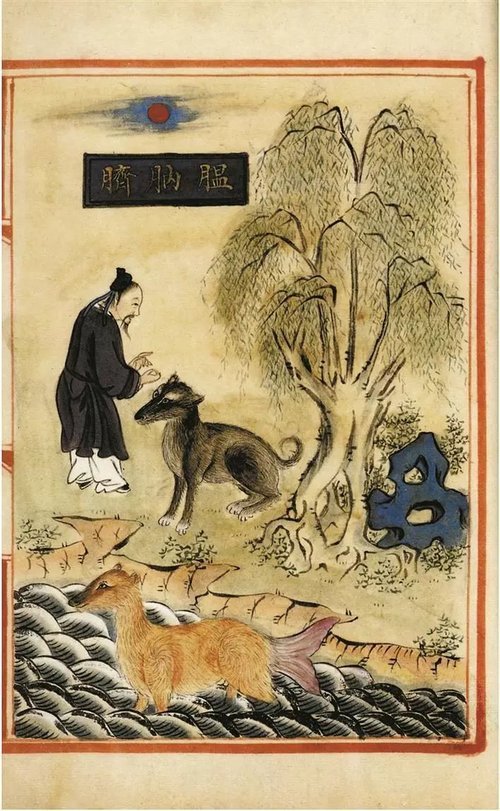
Seal Penises and Testes
The following is an excerpt from my current book project, a translation and discussion of Qí Zhòngfǔ’s 齊仲甫 Nü Ke Bai Wen 女科百問 (A Hundred Questions in Gynecology), published in 1220. It is one of two formulas attached to Question Sixteen:

Do Not Blame
The past few days, weeks, and months have been difficult ones for many of us, at least in the United States where I currently live, as we witness horrific events in our local communities, the country, and around the world. So much violence, rage, pain in this crazy year of the Fire Rooster! Like many of my clairvoyant, wise, or just empathetic friends and colleagues in the field of Chinese medicine, where the virtue of brightness or vision (míng 明) is the distinguishing mark of the sage, I have been finding the nearly constant onslaught of tragedies hard to digest and have had to consciously force myself to take breaks from the news and allow the soothing calmness of the Puget Sound to heal my heart and spirit. For me personally, a daily swim in the sea has been a life saver, in spite of the dropping temperatures, and I am extremely grateful to be in a position where I get to do that. …
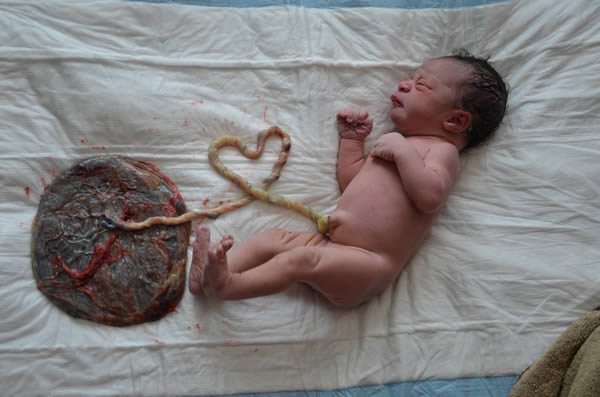
A Lactation Consultant’s Perspective on Placentophagy
Guest blog by Sarah Hollister, RN, PHN, IBCLC: As a nurse and an International Board Certified Lactation Consultant (IBCLC), I have the opportunity to work with nearly every pregnant woman and new mom and baby at a group of four primary care health centers in Northern California. I would like to share my experience, concerns and request for collaboration to closely examine the new practice of placenta encapsulation, as it has grown to become a component of the postpartum experience for the new moms who I work with and throughout the United States. I have encountered assumptions that placenta consumption increases milk production, is a prevention for postpartum depression, and has existed in history as an ancient human practice. I will provide a summary here of the work I do and what I have found with my clients involving this practice.
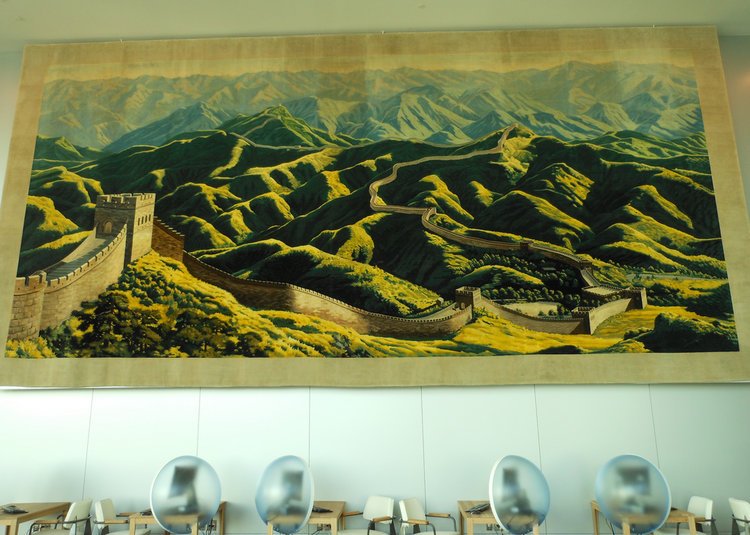
On Walls, Part Two: The Great Wall of China
This blog is a continuation of my previous post, “Why I Dislike Walls, Part One.” That post was an attempt to give voice to some of my personal experiences with walls in Germany and on the US-Mexican border, to explain my personal gut reaction. In the present writing, I am putting on my supposedly objective historian’s hat for Part Two, to look more closely at arguably the most famous historical example of wall-building, namely the Great Wall of China. So let us travel far away in time and space, to fifteenth-century China and the construction of the Great Wall in the Ming dynasty…

Why I Dislike Walls, Part One
The prospect of yet another wall going up and mercilessly dividing a contiguous region by cutting through towns, communities, families, and friends who I deeply love and care about on both sides, and the reality already of innocent people being torn from their communities, rounded up, marked as different due to some human-made distinction expressed by a piece of paper, and shipped off to a place of no return, breaks my heart and forces me to speak up. The current hateful political discourse on building a wall and deporting “illegals” to “make America great again” touches me more deeply than any other political issue ever has in my entire adult life, and I have been around the block.